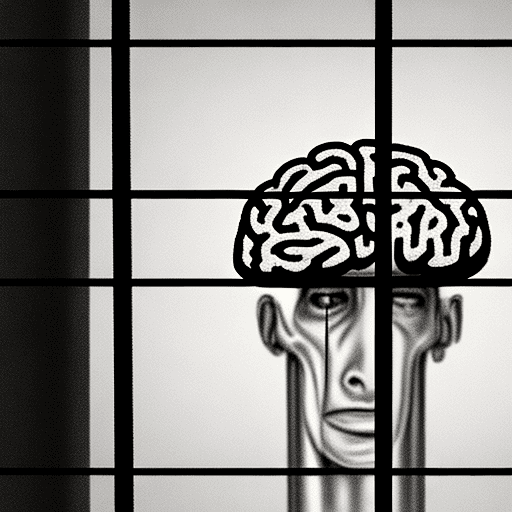This phrase evokes a sense of curiosity and intrigue, suggesting that there is an individual who possesses significant mental abilities or intellectual capacity that is now confined within a prison setting. It may prompt questions about what led to this person’s incarceration despite their apparent intellect or talents, and what implications this might have on the pursuit of justice and the correctional system. The notion of a “brain behind bars” can also spark discussions on the complexities of criminal behavior, rehabilitation opportunities, and the role of intelligence in criminal activities. Additionally, it calls attention to the potential waste of intelligence and potential that could be beneficial to society if channeled in a different direction. The juxtaposition of a sharp mind being constrained by physical bars raises thought-provoking ideas about the nature of human cognition, the concept of intellectual freedom, and the parallel challenges of integrating psychological perspectives into the criminal justice system. Moreover, the image of a brain in captivity invokes concepts of confinement not only in a physical sense but also in terms of limitations placed on intellectual pursuits and creative expression that can arise within the context of imprisonment.
Ad Area
Reactions
0
0
0
0
0
0
Already reacted for this post.
YOU MAY ALSO LIKE

0
119
0
December 9, 2024

0
119
0
December 9, 2024

0
80
0
December 9, 2024

0
108
0
December 9, 2024

0
35
0
December 9, 2024


